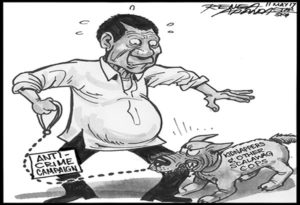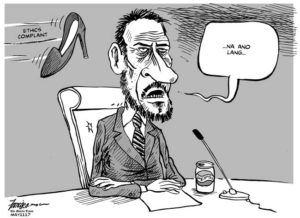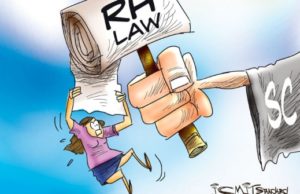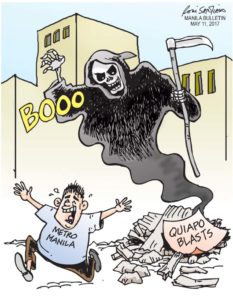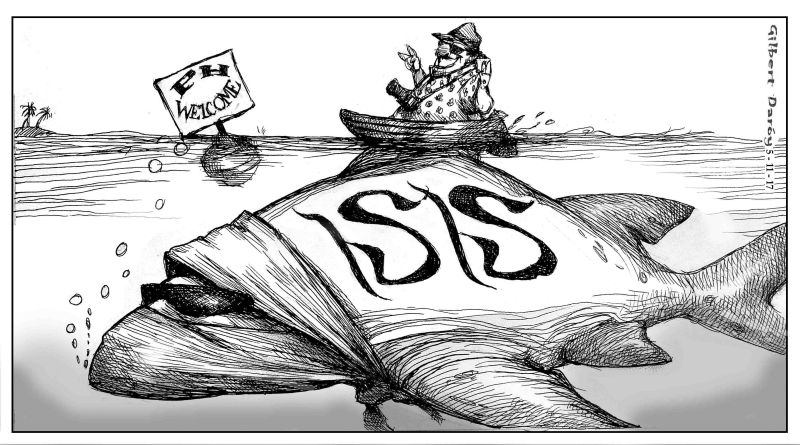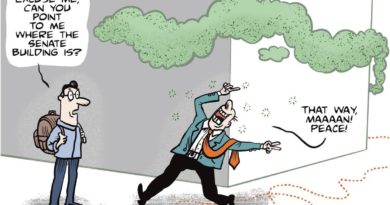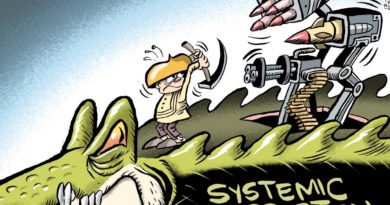Terrorism or not, Quiapo blasts have raised fears
The Manila police were quick to rule out terrorism in their investigation of two Quiapo explosions this week that killed two persons and wounded six others. Terrorism, they explained, is violence that has no particular target; it just seeks to sow fear among the people in general.
The first Quiapo blast happened while the Association of Southeast Asian Nations (ASEAN) Summit was being held at the other end of Roxas Blvd. in Pasay City last week but the police said this was mere coincidence. The bomb had been hidden in a package being delivered to a local Muslim leader. The second blast on Saturday occurred while police were investigating the first blast and wounded two police investigators.
Various theories have come up on the explosions. One attributed the blasts to rivalry between street gangs in Quiapo. Another said it may have been a local extension of the international animosity between Sunni and Shiite Muslims. The Islamic State claimed it was behind the blasts, boasting that they had killed “five Shiites.”
As the bomb blasts appear to have been directed at specific targets, the Manila police said they were not terrorist acts. By definition, terrorism seeks to foment fear and panic with unexpected acts of violence in crowded places, with innocent bystanders as victims. The violence is not directed at a particular person; it just seeks death and destruction, the more the better. The victims are usually uninvolved people, who just happened to be in the wrong place at the wrong time. The goal is simply to spread fear.
The police may be right in claiming the Quiapo blasts were not acts of terrorism as they were apparently aimed at intended victims, but the end result is still fear among the people of Manila, especially Quiapo. We have had explosions and other mass violence in the country before, but these were mostly in Mindanao. Some days ago, the violence came closer with the killing of Abu Sayyaf men in Bohol. Suddenly, for the first time, the violence is now in Quiapo, the commercial and religious center of the city.
Terrorism or not, we have reason to fear that Metro Manila is not as safe as we thought. The United States and other foreign nations have now included Quiapo among the places they are asking their citizens to avoid. Tourism programs are bound to suffer.
But more important is the need to assure our own people that they are safe here in Metro Manila, the seat of the national government and its economic and cultural center. The quick solution of the Quiapo blasts is, therefore, of utmost importance.
